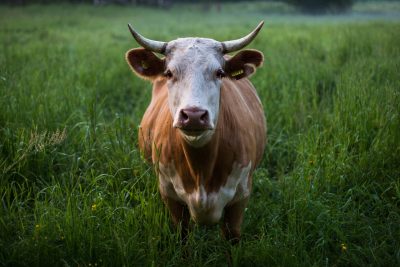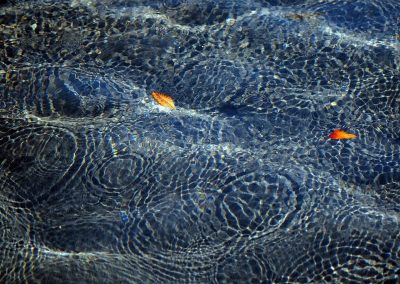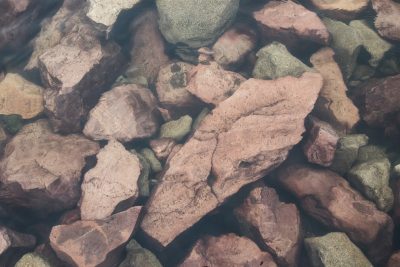Archival Features
A fresh look at poems and essays previously published in the print edition.

“History of the House Where You Were Born”
“Steilacoom and South”

David Rigsbee’s Letter-Poem, and a Little Riff on “Translations”

Theodore Roethke Prize 2010
“Ours”
“Daylily season”
“January Walk”
“Directions to Pt. Rupture”
“A Note to the Swedish Mystic Who Wrote that ‘the Wash is Nothing but Wash’”

Three Histories
“Videotape: 51″

